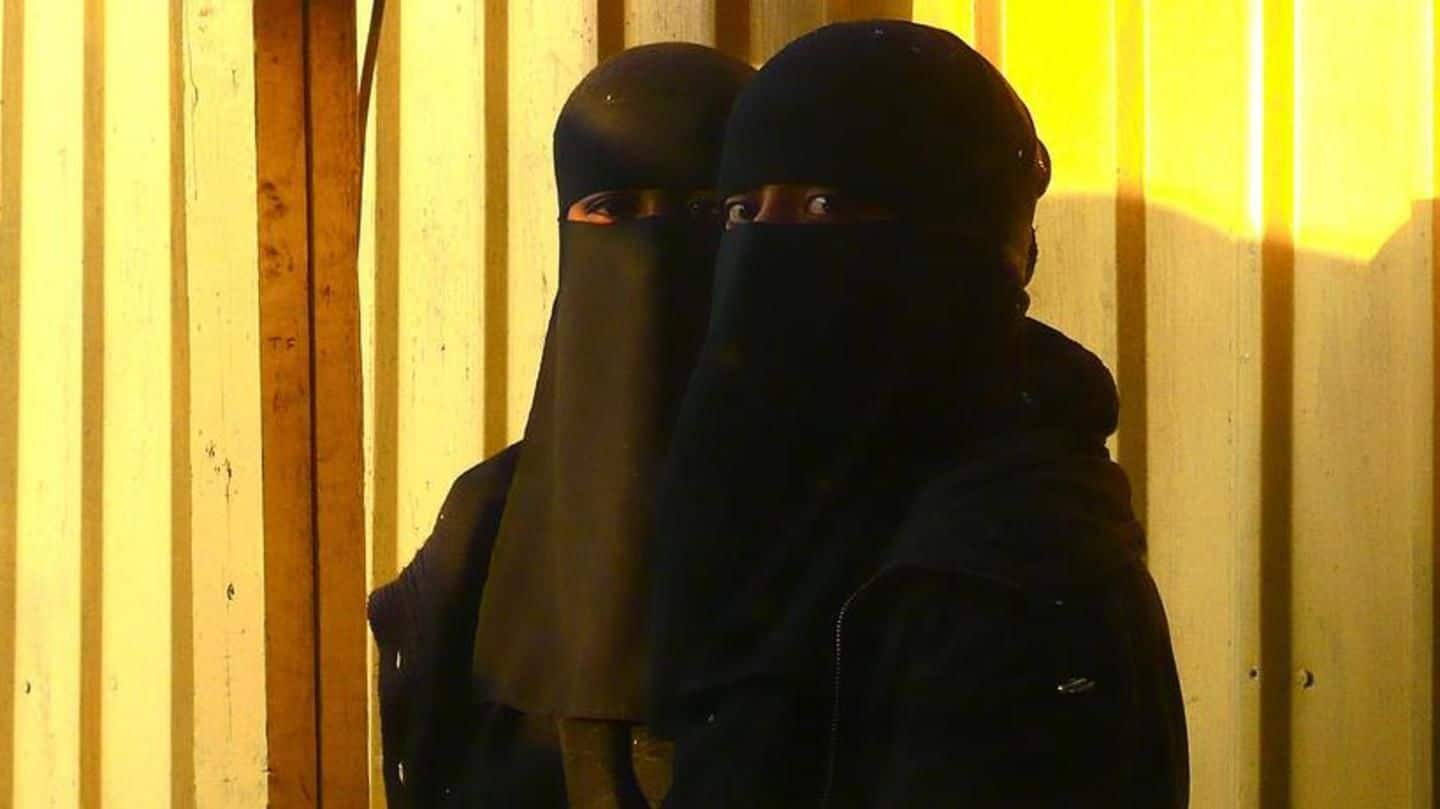
Malaysia: Two Muslim women to be caned for 'lesbian sex'
What's the story
Two Malaysian women have been sentenced to caning after they admitted to having sex in contravention of strict Islamic laws, an official said yesterday.
The women, aged 22 and 32, were arrested in April by Islamic enforcement officers after they were found in a car in a public square in northern Terengganu state, one of the most conservative areas of the country.
Here's more.
Punishment
Women were sentenced to six strokes of the cane each
The women were brought before an Islamic court on Sunday and they admitted to breaking a Sharia law that forbids sexual relations between women.
They were sentenced to six strokes of the cane each and fined $800, Mohamad Khasmizan Abdullah, a prosecutor with Terengganu Religious Department said.
"This is a serious case. The prosecutors urged the court to impose the maximum sentence," Khasmizan said.
LGBT community
LGBT community increasingly face pressure in the Muslim-majority country
Khasmizan said if the sentence was carried out, the two women would be the first women to be caned in Terengganu for breaking Islamic laws.
They are on bail and their sentence is set to be carried out on August 28, although they have the right to appeal.
Members of the LGBT community have increasingly faced pressure in the Muslim-majority country in recent years.
Conservative attitude
Attitudes of Malaysian Muslims are becoming more conservative
Malaysia operates a dual-track legal system and Islamic courts can handle religious and family matters, as well as cases such as adultery.
Malaysian Muslims, who make up over 60% of the country's 32 million inhabitants, have traditionally practiced a tolerant brand of the Islam but concerns have been growing in recent years that attitudes are becoming more conservative.
Quote
Rights groups criticized the women's sentence as 'torture'
A statement released by rights group Justice for Sisters, and endorsed by other campaign groups, criticized the women's sentence as "torture". "Criminalization of consensual sex between adults is a gross violation of human rights," it said